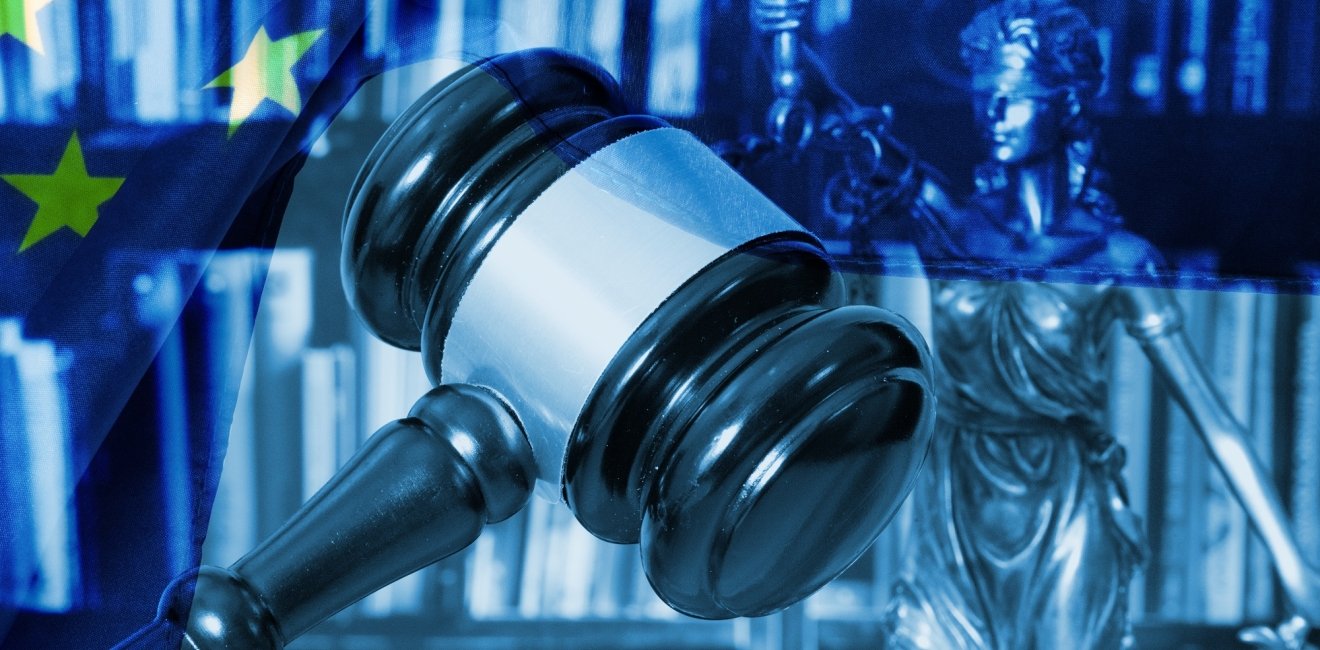Yesterday's decision by the European Court of Justice (ECJ) to reject Hungary’s and Poland’s challenge and validate the rule-of-law mechanism marks a milestone for the EU to stop democratic backsliding within its own ranks. The court argued that enjoying rights under the EU treaties is contingent on compliance with EU values. On top of that, these values are not just a pre-condition to join the Union but a continuous obligation.
This final ECJ ruling now opens the door for the EU to hold members that are undermining democratic institutions accountable and slash their funds from the EU budget. This newly found leverage could cost Hungary and Poland billions of Euros, in addition to the pandemic recovery funds already frozen.
Until now, EU institutions only had the toothless threat of a tedious infringement procedure and the suspension of voting rights under Article 7 at their disposal for unruly EU members. While the new conditionality mechanism is limited in scope and essentially only protects the EU budget, it is still a powerful tool to force autocratic politician to change course if they want to keep profiting from their EU membership.
The ball is now in the EU Commission’s corner to follow through and use the instrument. The governments of Hungary and Poland have had ample opportunities to reverse the erosion of checks and balances and prevent the misuse of funds. It is time for the EU to put down its foot and stop the exploitation of its freedoms and rights at the expense of democratic values.
Author


Global Europe Program
The Global Europe Program is focused on Europe’s capabilities, and how it engages on critical global issues. We investigate European approaches to critical global issues. We examine Europe’s relations with Russia and Eurasia, China and the Indo-Pacific, the Middle East and Africa. Our initiatives include “Ukraine in Europe”—an examination of what it will take to make Ukraine’s European future a reality. But we also examine the role of NATO, the European Union and the OSCE, Europe’s energy security, transatlantic trade disputes, and challenges to democracy. The Global Europe Program’s staff, scholars-in-residence, and Global Fellows participate in seminars, policy study groups, and international conferences to provide analytical recommendations to policy makers and the media. Read more

Explore More
Browse Insights & Analysis
Imamoglu’s Arrest Sparks Nationwide Unrest and Raises Fears for Turkish Democracy



